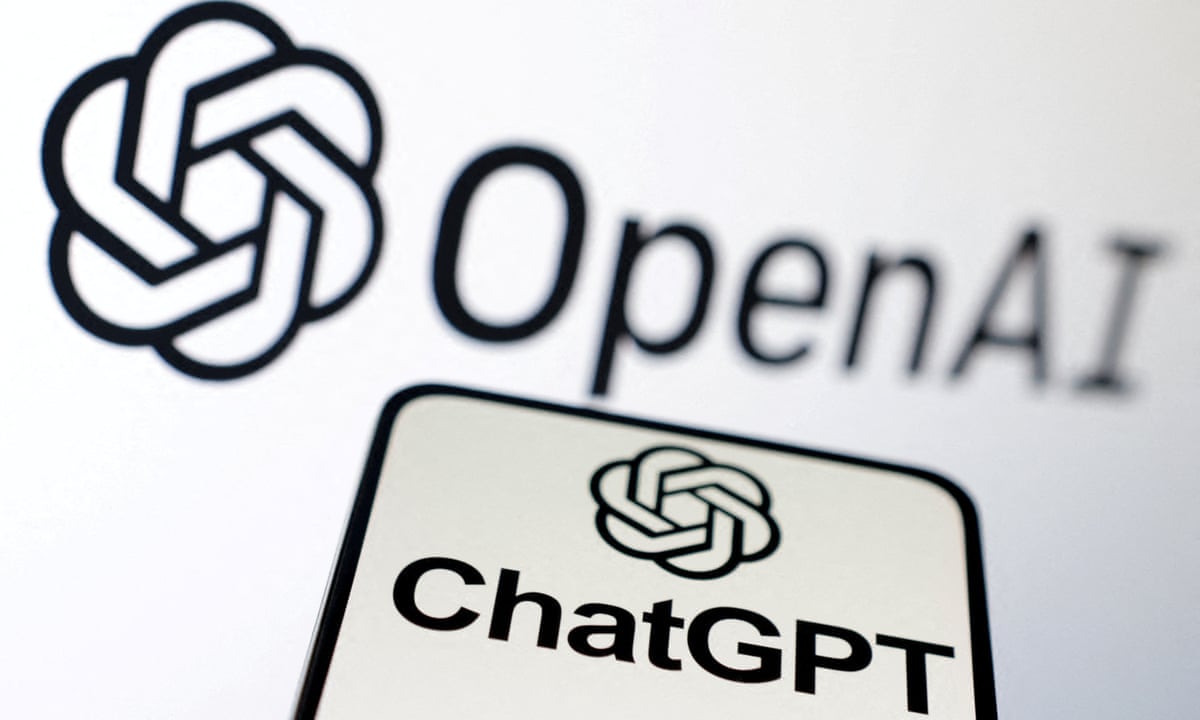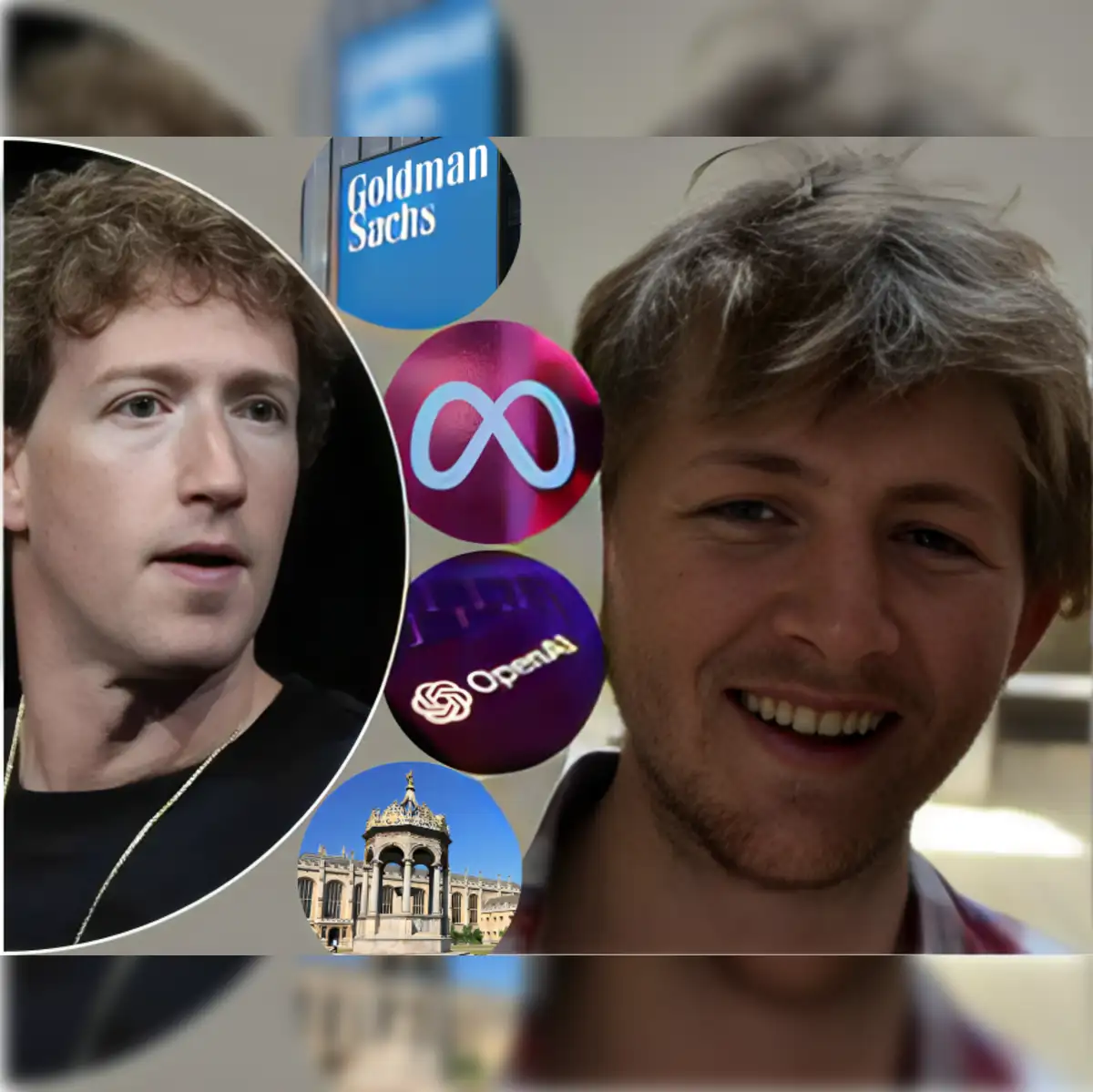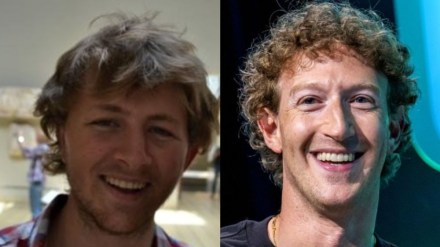Stay plugged in to GlobalHints.com.ng for more stories that matter in tech, Africa, and beyond.
Now Reading: Meet Andrew Tulloch: The Ex-OpenAI Brain Who Told Mark Zuckerberg “No” to $1.5 Billion for Mission Over Money
1
-
01
Meet Andrew Tulloch: The Ex-OpenAI Brain Who Told Mark Zuckerberg “No” to $1.5 Billion for Mission Over Money
Meet Andrew Tulloch: The Ex-OpenAI Brain Who Told Mark Zuckerberg “No” to $1.5 Billion for Mission Over Money

In an era where billion-dollar tech deals make headlines daily, it takes some real boldness to say, “Thanks, but no thanks” especially when Mark Zuckerberg is the one offering the cheque.
That’s exactly what Andrew Tulloch did.

The former OpenAI engineer and now co-founder of a mysterious AI startup with Mira Murati (yes, the same Mira who’s the CTO at OpenAI) stunned the global tech scene recently when he turned down a $1.5 billion offer from Meta’s top man, Mark Zuckerberg.
Tulloch may not be a popular name in the Nigerian tech circles just yet, but the guy is seriously loaded with brains. Originally from Australia, he’s worked with some of the biggest names in the industry, such as Facebook AI (now Meta), DeepMind, and OpenAI.

According to The Information, Tulloch quietly left OpenAI and started something fresh with Mira Murati. Though the startup’s name and exact product remain under wraps, insiders say they’re building next-gen tools to make AI more accessible and useful without handing all the power to Big Tech.
Why Andrew Tulloch Turned Down $1.5 Billion?

That’s the billion-naira question literally. Meta, through Zuckerberg himself, reportedly tried to buy their startup for $1.5 billion. But Tulloch and Murati weren’t moved.
“They want to build something on their own terms,” a close source told TechCrunch. “This isn’t just about money, it’s about impact, control, and staying true to their vision.”
And let’s be honest: in today’s world where many are chasing dollars, it’s rare to find people who still choose legacy over luxury.
READ ALSO: Top 10 Most Valuable Currencies in Africa 2025
As Business Insider reports, Andrew Tulloch is a backend genius. He builds the type of systems that power your favourite AI tools but never gets the credit. From optimising deep learning frameworks to scaling infrastructure for large language models like GPT, he’s been there, done that. You won’t catch him doing press rounds or hyping himself on social media. Tulloch is one of those “let my work speak” kind of people.
One Silicon Valley peer described him as “a quiet beast. When he builds, the whole system listens.” Now, why should we in Nigeria care about what one white guy in Silicon Valley is doing? Because moves like this send signals across the tech world. As Quartz Africa recently highlighted, Nigeria’s AI ecosystem is growing. We’re seeing homegrown startups stepping into fintech, voice tech, education, and even AI health diagnostics. Stories like Tulloch’s remind local innovators that we don’t always have to sell out early. Sometimes, the best move is betting on yourself.

Imagine if our own local developers and product founders start rejecting crumbs from foreign giants just to build something bigger for the continent? That’s the spirit.
In the end, Tulloch’s story is not just about turning down a fat cheque. It’s about choosing purpose over payout. And that’s something a lot of young techies, especially here in Africa, need to hear.
“You don’t always have to sell to win,” one tech blogger put it. “Sometimes, saying no is what gives you real power.”
And who knows, maybe the next Andrew Tulloch is sitting somewhere in Lagos, Kaduna, or Uyo, building something magical.
Previous Post
Next Post
Loading Next Post...





